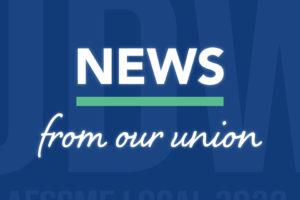Governor Brown and the Legislature scored on their support for in-home care for seniors and people with disabilities in 2016
FOR IMMEDIATE RELEASE December 5, 2016 Sacramento – The 2016 UDW/AFSCME Local 3930 (UDW) Legislative Scorecard is now available. This



